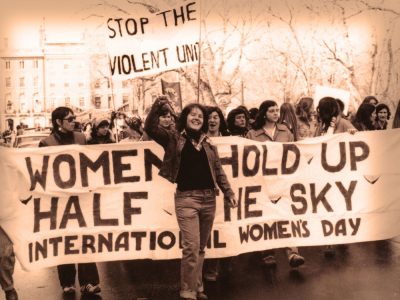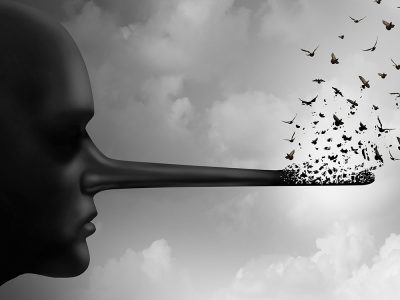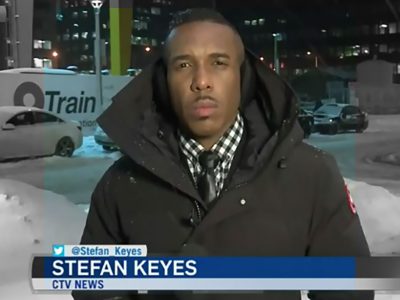By Karen Kelly
Canada and China are currently not on speaking terms—at least at the official level.
The trouble started in December, when Canada arrested a Chinese business executive, Meng Wanzhou of Huawei, for extradition to the U.S. Shortly thereafter, China detained Canadian citizens Michael Kovrig and Michael Spavor.
Now, Chinese leaders are reportedly refusing to take calls from Canadian government officials, who argue the arrests of Kovrig and Spavor were retaliatory and unfounded.
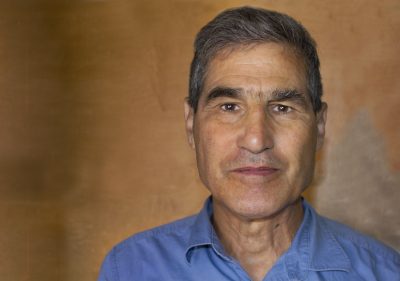
Professor Jeremy Paltiel
“Unless Canada releases Ms. Meng, China says they won’t deal with us,” explains Professor Jeremy Paltiel, an expert on China in the Department of Political Science. “The Chinese are also insulted by the fact that we see Meng’s arrest as following the rule of law, but call the detention of Kovrig and Spavor arbitrary.”
Meanwhile, the issue is becoming fodder for the upcoming federal election. Conservative leader Andrew Scheer claims Canada is being “bullied” by its second largest trading partner. He is calling for inspections on all Chinese products as well as tariffs on imports.
An Uneven Match
While it may seem like a sudden breakdown, Paltiel says frustrations have been building for years—as China has become more powerful and Canada’s international influence has waned.
“Canada built a ‘special’ relationship with China on the understanding that we were destined and uniquely qualified to bring China into international society,” wrote Paltiel in a September 2018 journal article. “[We] had this sense that if we helped bring China into the world system through trade and training thousands of Chinese students, it would become more liberal.”
Prime Minister Justin Trudeau continued this tradition with big plans for Canada-China cooperation, beginning with state visits in either direction and meetings between high-level public servants.
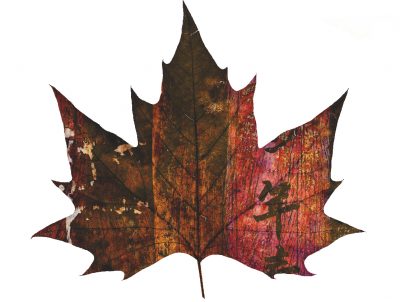 But Paltiel says Canada’s hopes of converting China into a liberal democracy did not come to pass—even before the recent breakdown in relations.
But Paltiel says Canada’s hopes of converting China into a liberal democracy did not come to pass—even before the recent breakdown in relations.
“When the transformation [of China] failed to materialize on our own terms, and China emerged as a powerful influence of its own—even in our domestic market—that hope became tinged with fear,” says Paltiel, referring to Chinese influence in the Canadian real estate and natural resource sectors. “Growing Chinese power has become associated with illiberal government, environmental depredation and cold materialism.”
Global Reshuffling
At the same time, Paltiel points out that our traditional alliances within the West—particularly with the United States—are changing.
“Canada is an Atlantic country. Our comfort zone in terms of values and institutions is within NATO, which the U.S. is backing away from,” he explains. “With the Trump administration, we don’t belong in a club with the United States anymore.”
The Trump administration has also failed to defend the two Canadians detained in China. In fact, Paltiel says, the U.S. has its trading partners exactly where it wants them.
“It’s a double win for the U.S. because they don’t like Huawei and they also want to discourage Canada from having a closer relationship with China,” he explains.
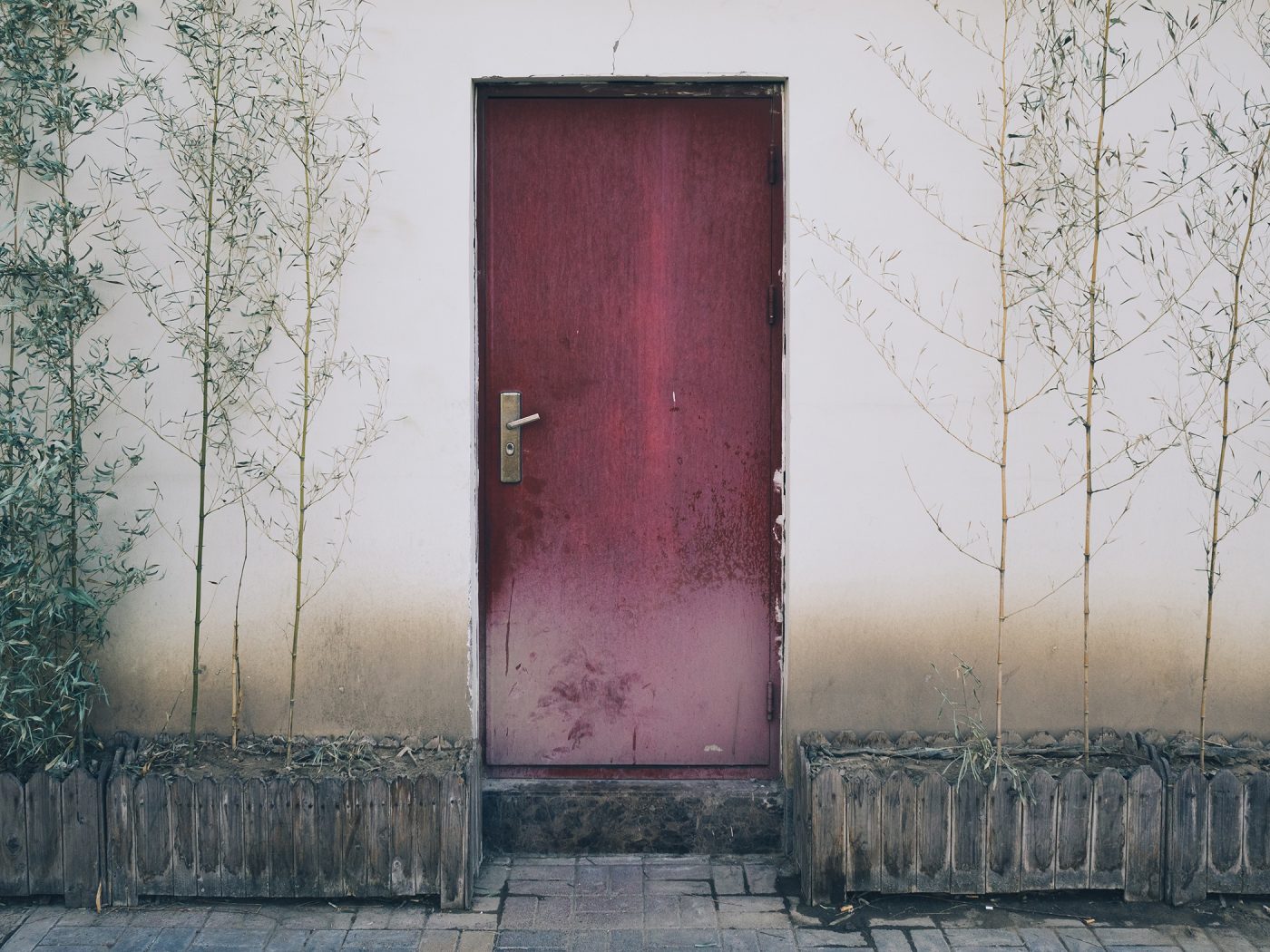
Photo by John Salvino on Unsplash
Where Hope Lies
While the situation at the national level seems dire, Paltiel says there is still collaboration and discussion happening behind the scenes.
He recently returned from a trip to China, where he took part in the World Peace Forum at Tsinghua University.
“Interestingly, at every level, we encountered a strong legacy of goodwill towards Canada. Everyone felt the current situation was really unfortunate,” says Paltiel. “They don’t hate Canadians, but they do they feel that if they didn’t respond [to Meng’s arrest], they would look weak in the world and prominent Chinese would be at risk of arrest. So we are at an impasse.”
With more than 100,000 Chinese students studying in Canada, Paltiel says “a lot of people in Canada don’t want this relationship to go down.”
But he doubts anything will change before Canada’s federal election.
“No one will make a move they could be criticized for before the election,” says Paltiel. “So we’ll see what kind of re-set we can get afterwards.”
Monday, August 12, 2019 in Another Take, Department of Political Science
Share: Twitter, Facebook

